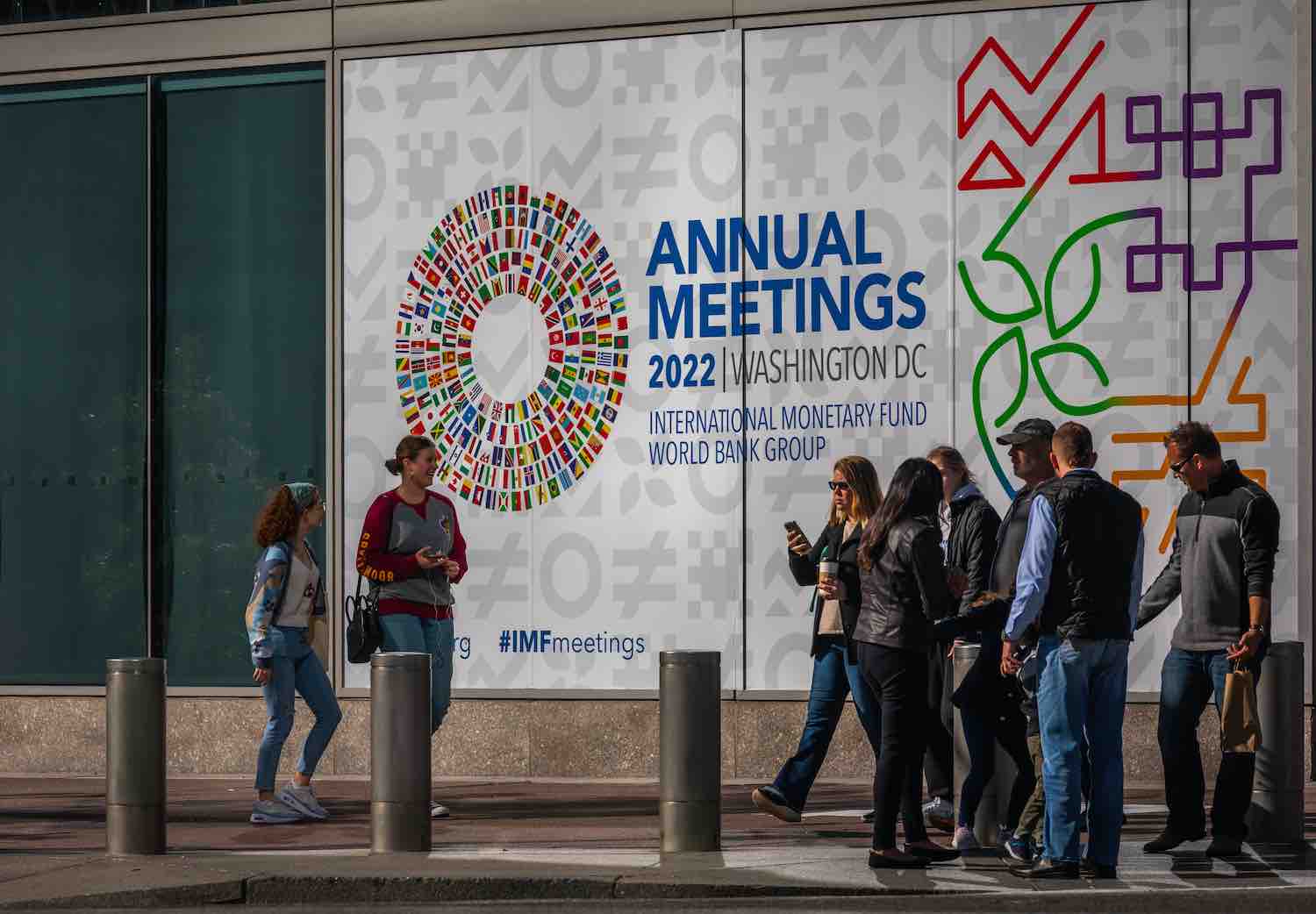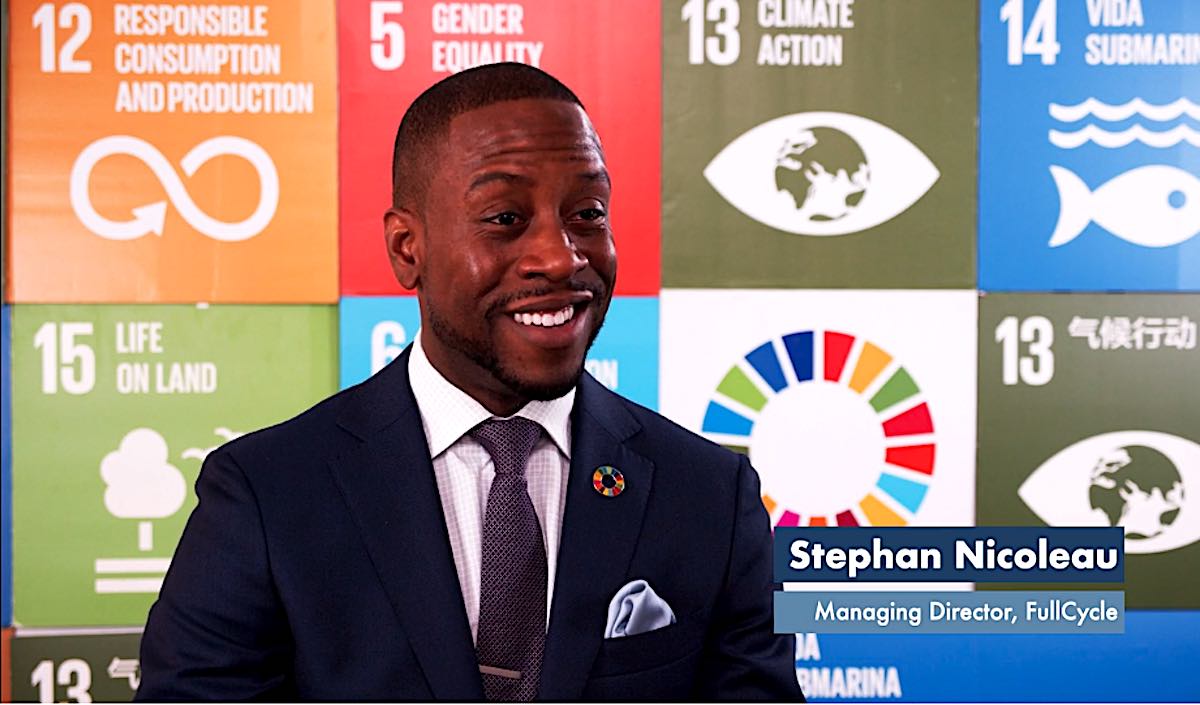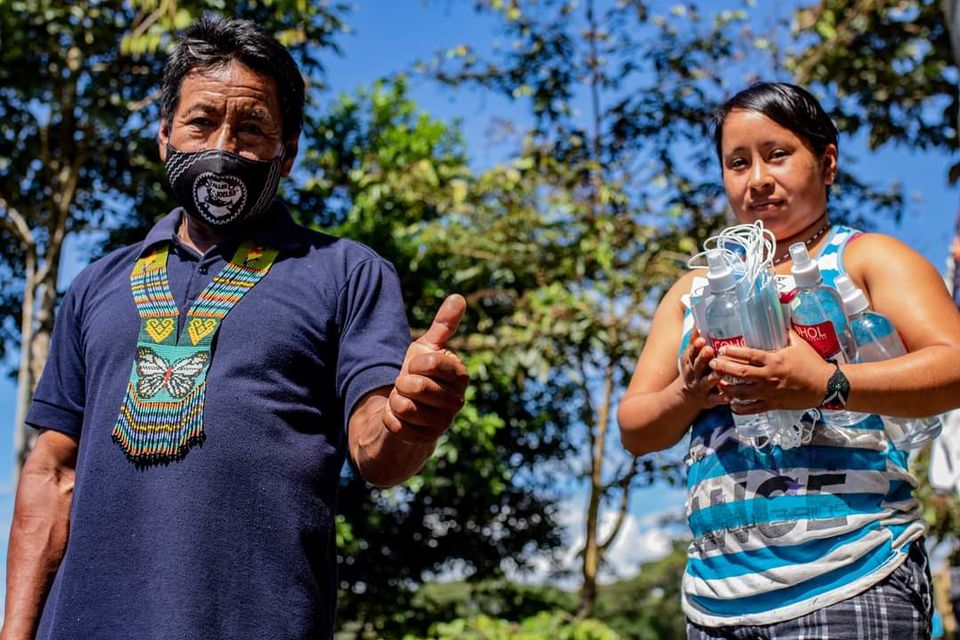Governance is the new big thing for tech investors, since the FTX fraud and investigations by the SEC have brought it out on the agenda. To the contrary, human rights have not been paid much attention by tech companies and their investors alike so far; is this a new crisis waiting to trickle down?
Already in 2021, research by Amnesty International found that the large majority of VCs and their LPs in the US don’t integrate human rights into their due diligence process. Amnesty’s argument: according to the UN Guiding Principles and OECD Guidelines, companies and investors alike have a ‘corporate responsibility’ to prevent and mitigate human rights abuses across their business relationships. For VCs, that would include their own operations as well as those of their portfolio companies. Amnesty’s research couldn’t find any evidence of adherence to human rights due diligence among 83% of the top 53 US VC funds.
Is that because human rights actually don’t matter that much for tech startups and their investors, as many claim? According to the UNGPs, the corporate responsibility to respect human rights applies to all companies, including technology companies. Yet according to the Office of the United Nations High Commissioner for Human Rights B-Tech project foundational paper, technology company business models, and the commercial underpinnings of 21st century technological advances, are being increasingly criticised for creating or exacerbating negative impacts on a range of human rights.
How to push the topic into VC?
Over the last nine months, we at VentureESG ran a research project with the explicit goal to devise a fit-for-purpose tool for VCs to allow them to integrate human rights into their due diligence. Building on work by Caribou/USAID as well as the Luminate’s Rightswise, we spoke to two dozen VCs and LPs as well as a variety of civil society organisations – from Amnesty International and Human Rights Watch to the OHCHR B-Tech team – to figure out how to make human rights relevant for tech investors. Two problems repeatedly arose:
- Human rights are not a well-understood lens for VCs. Most of the VCs we spoke with expressed a keen interest in learning more about the UNGPs, human rights and business; they were, however, unsure about the definition of human rights and their application to their investing. They viewed human rights as a broad term and believed that a clear definition and specific examples of human rights are needed to ensure the implementation of the UNGPs in their processes.
- Existing tools are not fit for purpose. VCs critiqued the UNGPs for being too wide and general and called for a specific tool for their own practice and their portfolio companies. Particularly, VCs called for a specialised set of due diligence questions based on the company’s stage, sector, size and areas of operation.
Impact investors and emerging economies are leading the way – we can learn from them. Perhaps unsurprisingly, some of the funds who did already carefully consider human rights in their processes were impact-focused. For example, some considered adding a whistle-blower protection policy and ensuring an appropriate way to raise a complaint and participate in grievance mechanisms. Dr Marc Moser, Head of Impact at global impact investor Lightrock, explained to us:
“Lightrock has the responsibility to safeguard human rights when making investment decisions. We have embedded this commitment into our investment process and carefully assess our portfolio companies in relation to human rights policies and procedures to ensure that appropriate measures are in place to avoid any negative impacts on human rights.”
We also spoke to both VCs and LPs who operate predominantly in emerging markets and found that adherence to human rights principles and the integration of adequate processes was much more widespread in this context. For example, VC funds in emerging markets are more likely to implement an environmental, social and governance (ESG) management system which outlines their approach to human rights integration at each stage of the investment process.
These management systems can be tailored to the human rights risks posed by the fund’s strategy, such as the ethics of artificial intelligence, labour rights in the gig economy or client protection in fintech. As Rob Borthwick, ESG and Impact Manager at British International Investments comments:
“Human rights risks are particularly salient in some emerging markets because the stakeholders impacted are often more vulnerable, the regulatory framework may be slower to respond to innovative business models and tech companies might inadvertently contribute to human rights violations by repressive governments. As a result, we expect our VC fund managers to carefully consider and formalise their approach to human rights issues before they begin committing capital, and to align with the UN Guiding Principles”.
So, what are next steps?
The bottom line for us is clear: VCs need to see concrete benefits – and possibly more LP pressure, especially in Europe and the West – to consider human rights as a standard practice. We also need the right tools for decision making (due diligence) and reporting that are fit for VCs’ purposes; current approaches are for other asset classes and too big and complex.
The VentureESG project can only be the starting point for the asset class. It might also turn out that many human rights issues are indeed not material for (early stage) VC and startups. However, the issues that are material have the potential to have an enormous impact, bottom line financial and reputational. Getting started on human rights is quickly becoming not an option but an imperative, also for VCs.
Joanne Azem is a research fellow (human rights) at VentureESG and masters student of international human rights law at Oxford University.
Johannes Lenhard is co-director of VentureESG and researcher affiliate at the Minderoo Centre for Technology and Democracy at the University of Cambridge.











